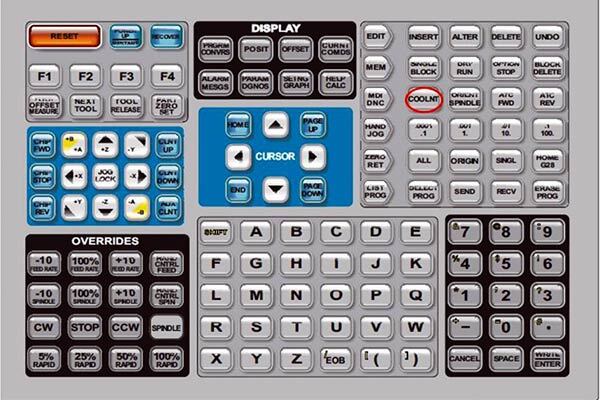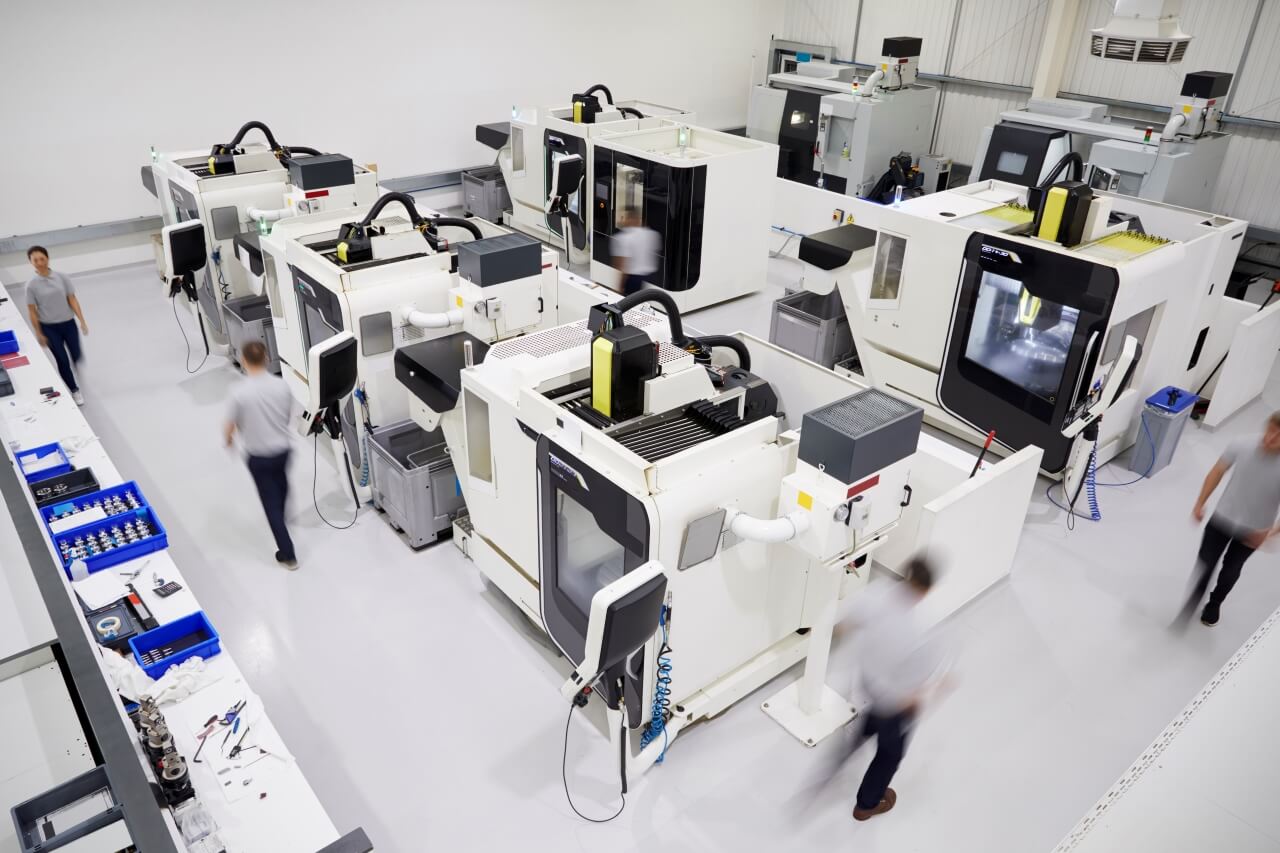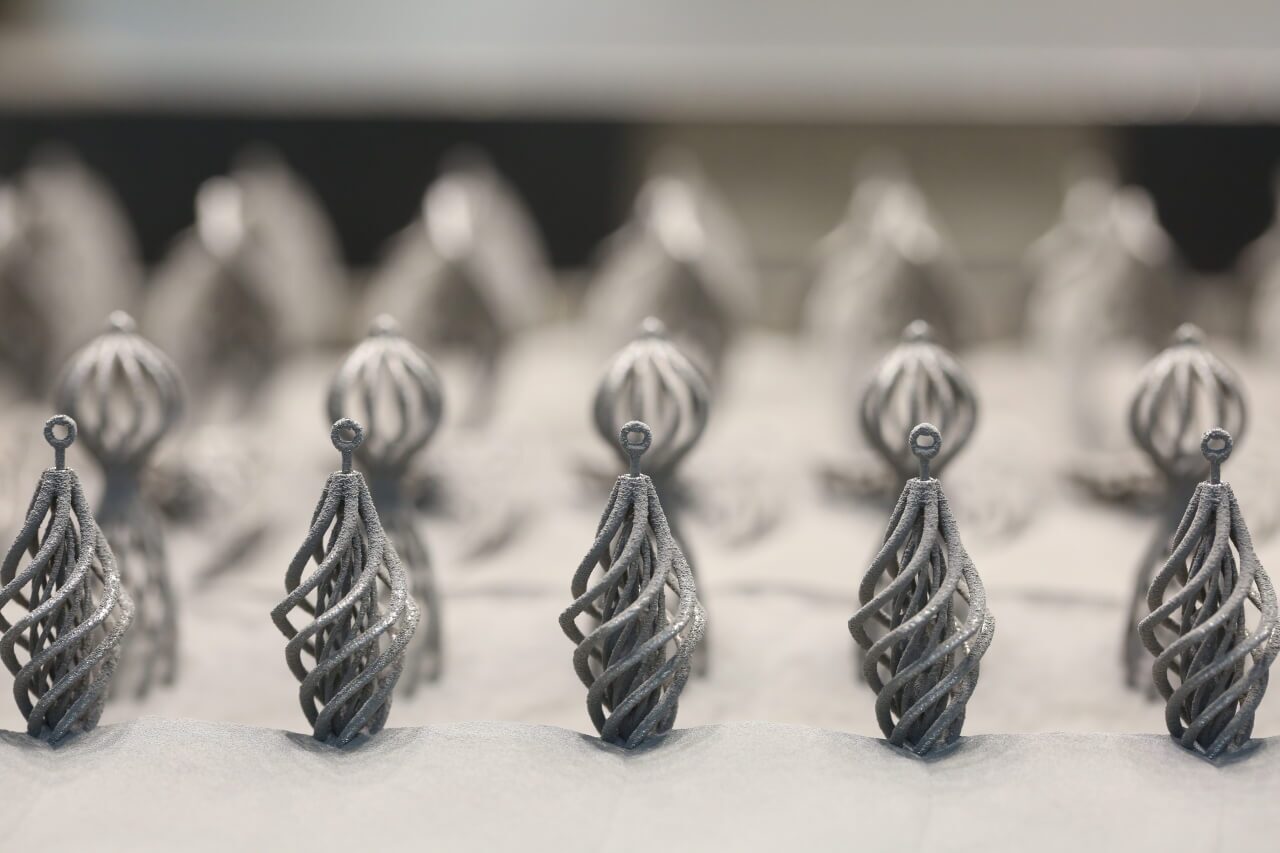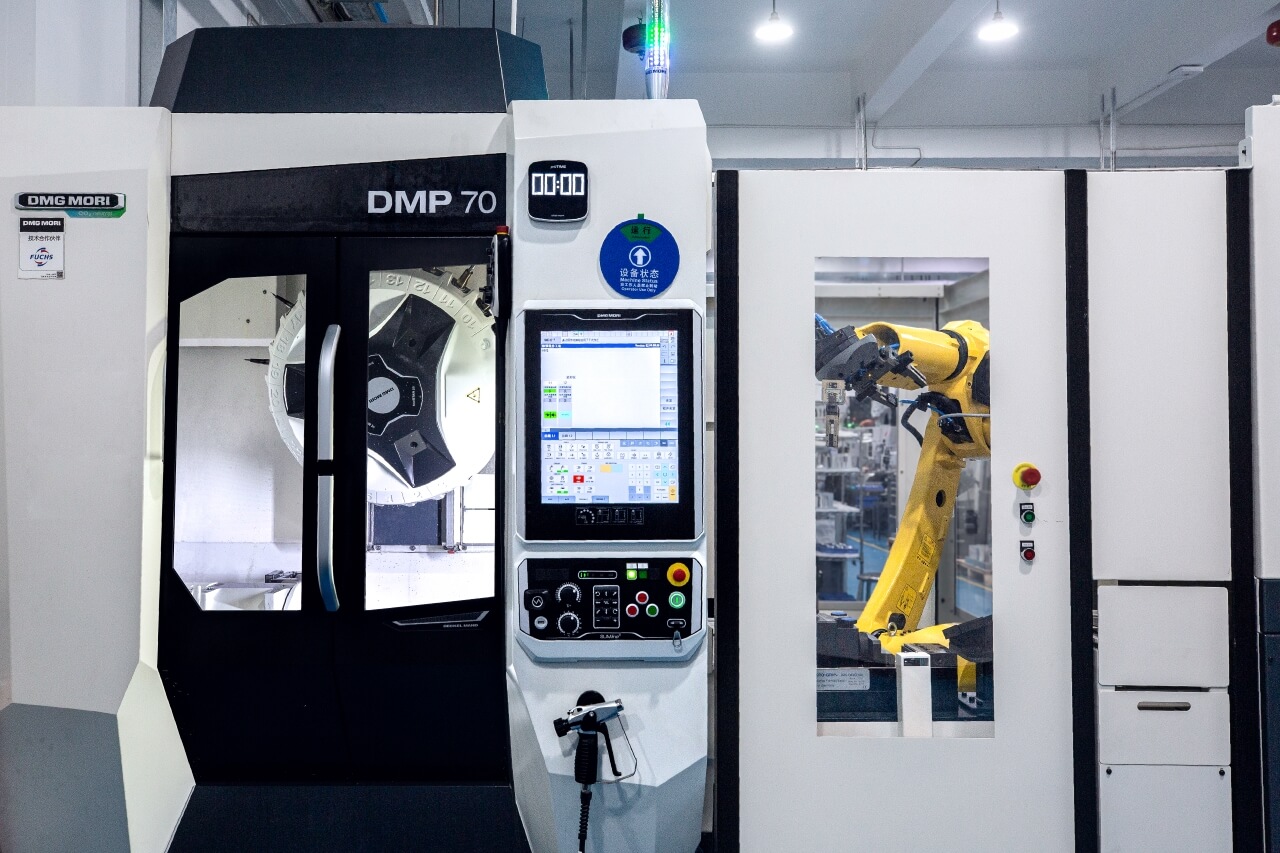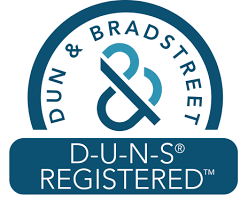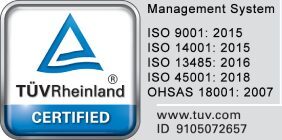What is G-Code?
G-code is the generic industry term for the computer language that most CNC machines use to control their movements and how they make parts. Let’s look at how we optimize machine programming to make parts faster while improving their quality and consistency.
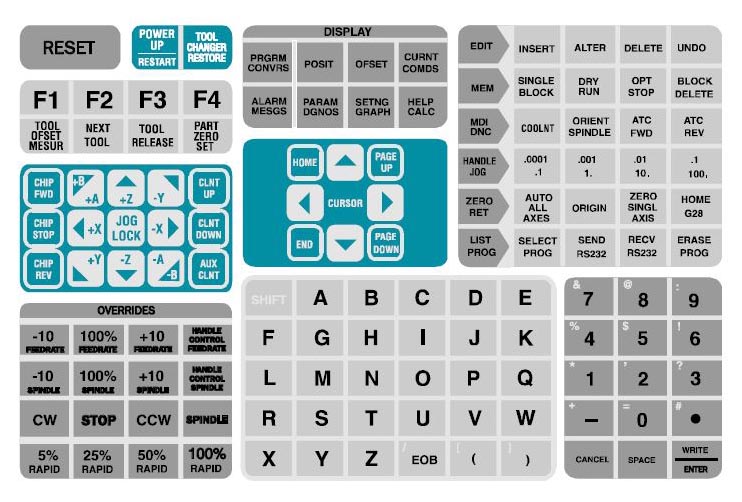
How Does G-code Work?
G-code is created as the output from sophisticated CAD/CAM (computer aided design/computer aided manufacturing) software. Since there are many different brands of design software available the type of code they generate will also be different. However, most major brands have translation ability that allows them to be compatible with the vast majority of commercially available CNC machines.
Each line of code tells the machine to perform one discrete action, including position, speed, rotation, etc. Shapes are made by stringing together point-by-point sets of instructions. Even simple parts can require hundreds or thousands of lines of code, and ultimately they must all work flawlessly together to achieve the desired result.
Because G-code works as a series of points and line-by-line instructions, it’s therefore possible to make the same part using a variety of paths and instructions, and the resulting parts are not always the same.
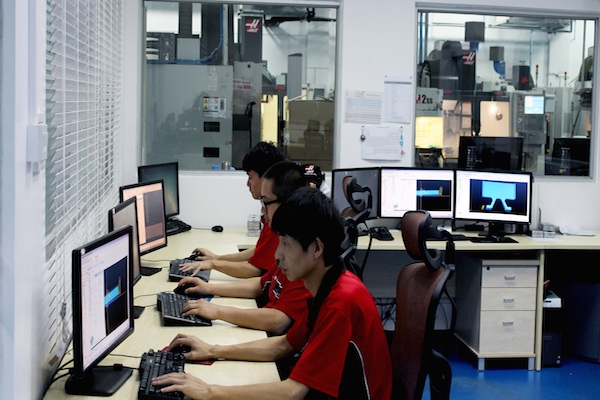
What Is The Purpose Of CAM Software?
As the technology has advanced the software has improved dramatically, allowing designers and engineers to manipulate objects on a screen in 3D and make infinite modifications that in turn are quickly translated into code automatically. This has greatly sped up the process of CNC machining, allowing operators of even limited experience the ability to successfully create acceptable finished parts.
The Importance Of Using A Machine Operator Who Knows G-Code
Technically a machine operator doesn’t need to know G-code. If the CAM software has already created a cutting program, it feeds that information to the CNC machining center. The software has already determined the “speed and feed”, the tool path and all the other variables needed to make the part. The operator can simply press the start button and watch the part being made, but there are many problems to this approach
CAM programs seldom produce the optimal tool path for the fastest and most efficient cutting of a part, especially for complex geometries. This is because, as mentioned above, it is “thinking” point-by-point and step-by-step, not thinking globally. Only a human machinist with real-world experience is capable of determining the ideal function of the machine tool to meet the expectations of the customer’s design intent. CAM is also optimized for maximum safety and machine tool life, which translates as slow. Sometimes very slow.
Also, CAM software can sometimes make errors, or create a cutting program that may need to be tweaked. If an operator doesn’t know how to modify individual lines of code they would then need to re-program the job from scratch, wasting valuable time. But the experienced operator can fine tune the program, one line of G-code at a time, to create the most efficient program to create the highest quality part with the lowest cycle time.
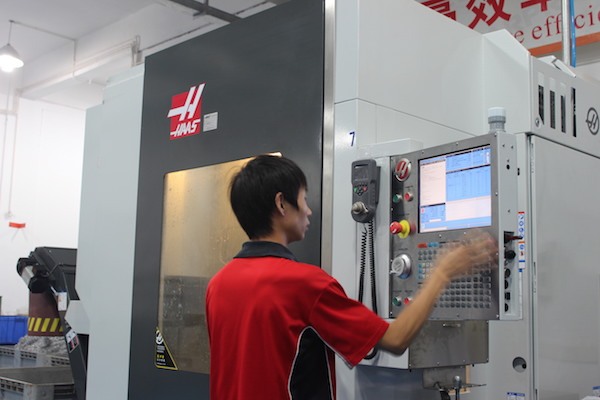
Why Is This Important To You And Your Parts?
Because at Star Rapid we specialize in rapid tooling, rapid prototyping and fast turnaround low-volume production, we deal with a steady influx of new designs every day. That means we must be experts at a number of CNC techniques, and we also must create new cutting programs all the time. Our operators are proficient in using G-code and they’re mentored by master machinists with decades of manual and CNC experience.
We know how to get the most out of our advanced equipment, eliminating downtime while working to tight tolerances that are repeatable, time after time. Contact one of our customer service engineers to find out how our team can optimize the making of your next project.
Tagged:


